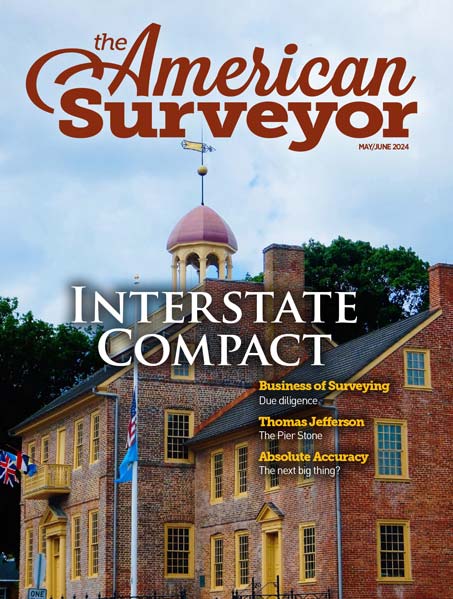Summary
After two months of decline, private nonresidential construction spending increased (1.3 percent) in September compared to August, according to the Nov. 8 report by the U.S. Census Bureau. Private nonresidential construction spending hit $415.2 billion in September. Overall, private nonresidential construction spending topped off at $715.6 billion in September 2008, or an 11.4 percent increase from same time last year (see graphic below).
Of the 16 subsectors that comprise total nonresidential construction, 11 produced year-over-year gains, with manufacturing (up 54 percent), lodging (up 26.1 percent) and power (up 25.9 percent). Subsectors that reported the largest monthly increases were manufacturing (up 5.2 percent) and religious construction (up 2 percent) compared to August.
Those nonresidential construction subsectors reporting decreases in spending year-over-year include communication (down 17.1 percent), conservation and development (down 13.3 percent), religious construction (down 11.6 percent) and commercial construction (down 11.6 percent). Six subsectors reported decreases in construction spending from last month with conservation and development (down 17.3 percent) and commercial construction (down 2.9 percent) posting the biggest losses.
Public nonresidential construction was down 1.3 percent in September compared to the previous month, but still up 3.8 percent year-over-year. Residential private construction is back down, decreasing 1.3 percent compared to August and down 27.7 percent year-over-year. Overall, total construction spending is down 0.3 percent since August, and 6.6 percent since September 2007.
What This Means
"The resilience of nonresidential construction spending in the face of ongoing economic decline and a credit crunch is simply remarkable," said Associated Builders and Contractors (ABC) chief economist Anirban Basu. "Many economists had expected September to bring further decline after nonresidential construction declines in both July and August. But, that did not happen as massive shifts in the global economy continue to spur construction.
"For example, the spike in manufacturing-related construction spending is related in part to the ongoing expansion of America’s export sector, which has continued to be strong despite recent increases in the value of the dollar and a slowing global economy," added Basu. "Investment in power has predictably also remained elevated, though it remains to be seen whether this will continue in light of the recent collapse in oil and other commodity prices. "Despite September’s bounceback, the outlook remains far from clear," said Basu. "Many of the projects currently under construction were planned and financed earlier in the business cycle, prior to the credit crunch that began in earnest in August 2007.
"However, there remains downward pressure on deal flow and we continue to predict that the toughest times for the nonresidential construction industry are in front of us," added Basu. "Publicly-financed projects are also becoming a major issue given the disappointing tax collections at state and local levels. Many states are reducing allocations for their respective capital improvement programs, which will further suppress construction starts over the next few years."
